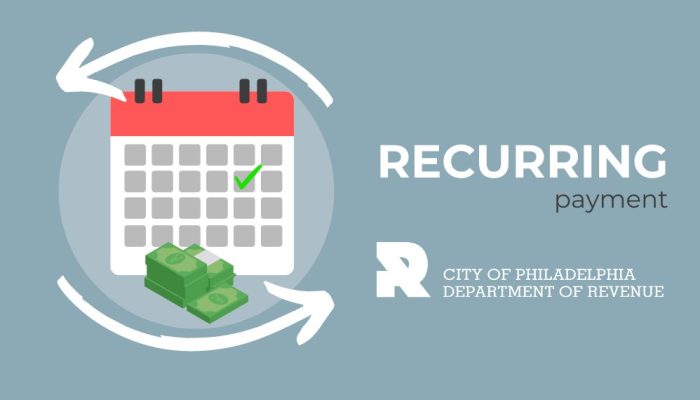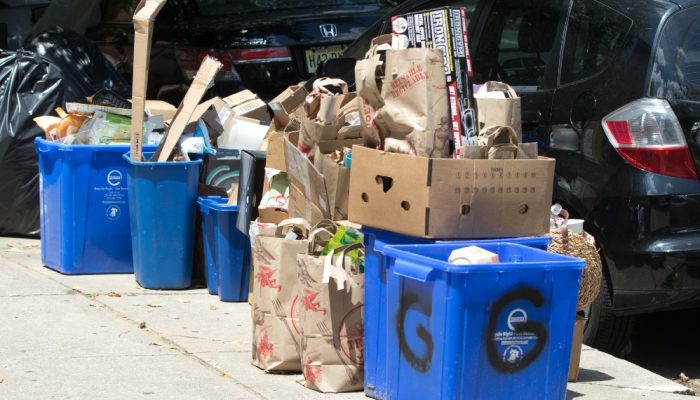Thousands of eligible Philadelphians have lowered their annual Real Estate Tax bills by enrolling in the Low -Income Real Estate Senior Citizen Tax Freeze program. To make sure all eligible residents are taking advantage of these savings, we’re answering some frequently asked questions about the Senior Tax Freeze.
Although the official deadline to apply is January 31, 2021, we encourage you to file early by September 13, 2020. If you file early, you could see approval reflected on your 2021 Real Estate Tax bill. Applicants approved after this date will receive a second bill.
- How does Senior Tax Freeze work?
The program works by “freezing” your tax bill—making sure it does not increase in the future. Your property’s value, and the City’s tax rate, may increase in coming years. But by enrolling, your Real Estate Tax bill stays the same. If property values or the tax rate ever go down, so will your bill. - What are the age and income requirements?
To be eligible for the program you must be:
-
- A person aged 65 years or older;
- A person who lives in the same household with a spouse who is aged 65 years or older; or
- A person aged 50 years or older who is a widow of someone who reached the age of 65 before passing away.Eligible applicant(s) will have a total income of:
-
- $27,500 or less for a single person; or
- $35,500 or less for a married couple.
- Why can’t you raise the income guidelines so more people will qualify?
The income guidelines are regulated by the Commonwealth of Pennsylvania’s PACE program. The City administers Senior Tax Freeze, but it does not lower or raise the program’s income guidelines.
- Can you get Senior Tax Freeze on more than one property you own?
No. You can only have Senior Tax Freeze on a property that you own and live in as your primary residence.
- If I don’t have a state ID, what can I use as proof of age?
Examples of proof of age include:
-
- Birth certificates.
- Marriage certificates.
- Driver’s licenses.
- Social Security award letters.Any official document that clearly shows a date of birth will be accepted for consideration.
- If my property is in a trust, can I get Senior Tax Freeze?
Maybe. If your property is in a trust, the Law Department will need to review the trust documents to check for eligibility. You’ll want to complete an application and clearly indicate the property is in a trust.
- Can you have Homestead and Senior Freeze at the same time?
Yes, we enroll all eligible properties that apply for the Senior Freeze into the Homestead automatically without requesting any additional information from the Taxpayer.
- Can I have back taxes and still apply for the Senior Freeze?
Yes, but you should really get into an affordable payment agreement for your back taxes.
- If my taxes become delinquent while I have Senior Freeze, will I get kicked out of the program?
There is no legislation that requires a taxpayer to be current on their Real Estate Taxes to qualify for Senior Tax Freeze. However, we encourage you to stay current. If you find that you are falling behind, you can apply for one of our assistance programs.
- Do you have to reapply every year?
The only time you’ll need to reapply is if there’s a deed change on your property. If your income increases over the maximum income requirement, you should reach out to us to be removed from the program. We do audits from time to time to make sure everyone enrolled in SCTX meets the eligibility requirements.




